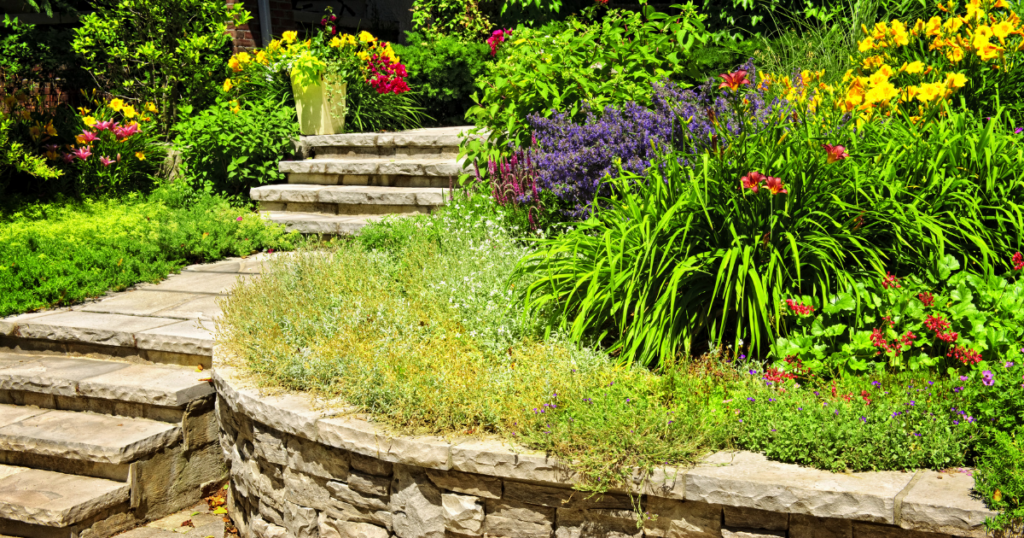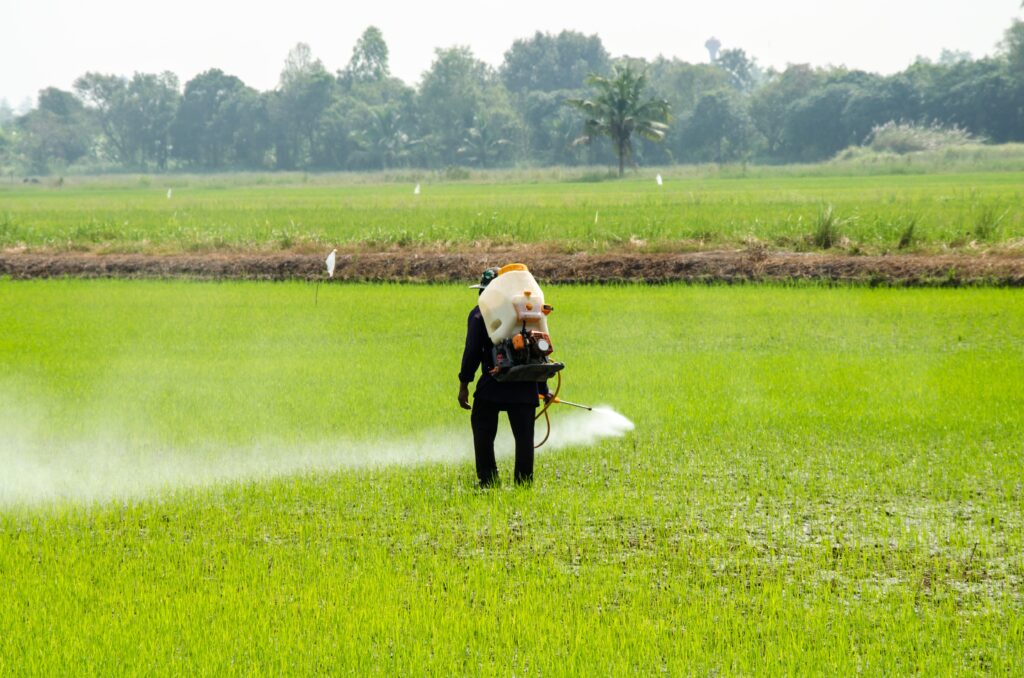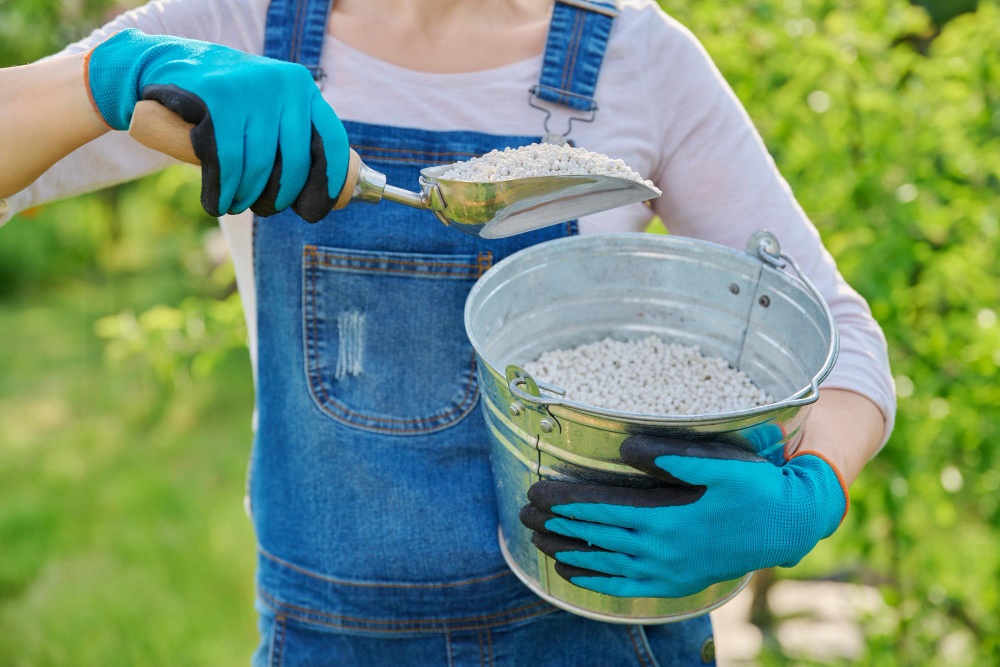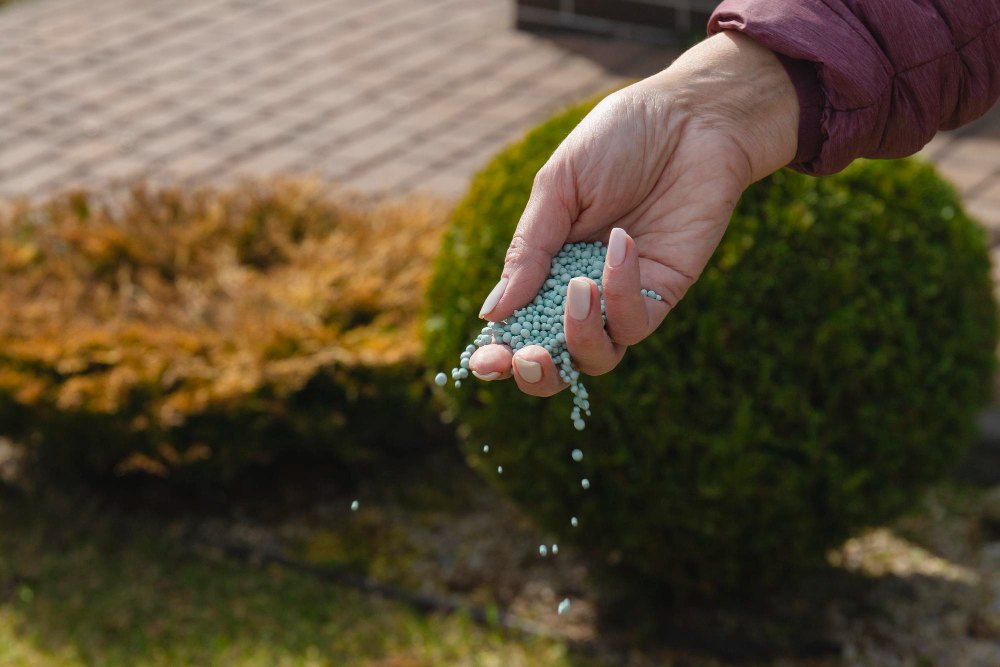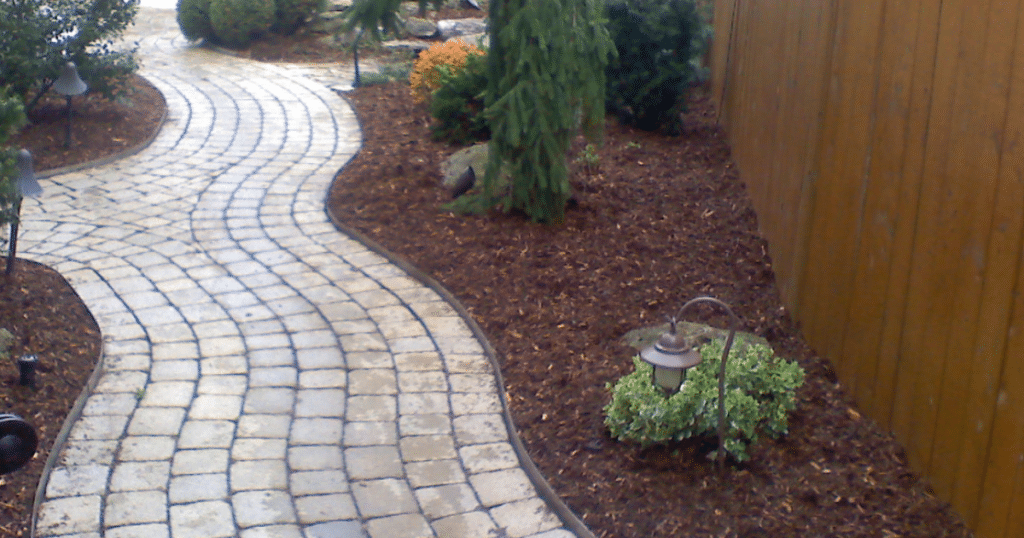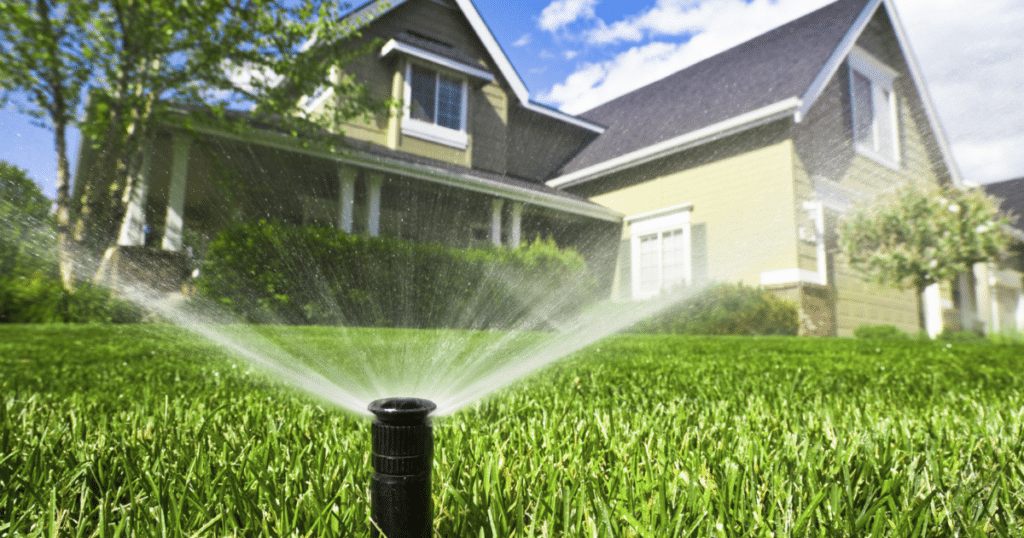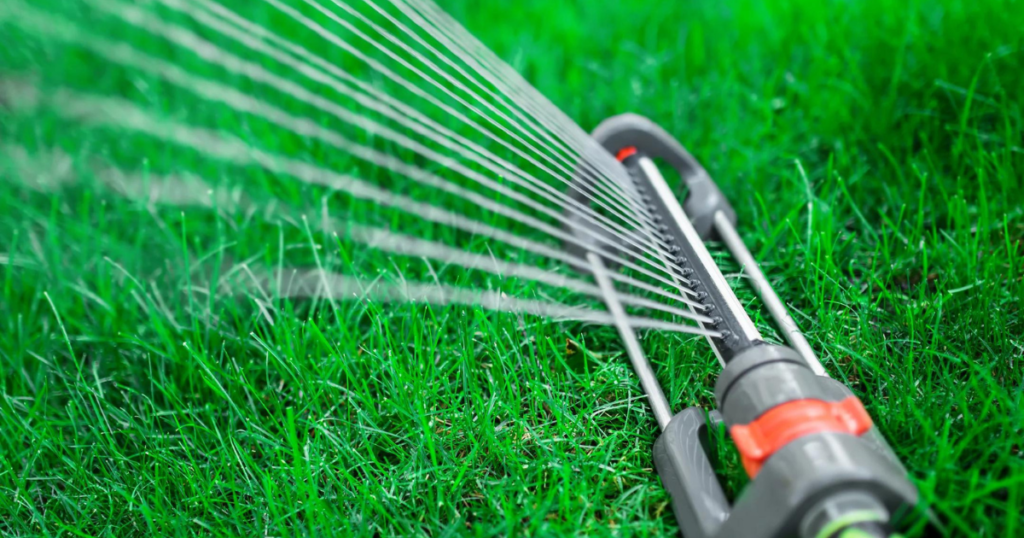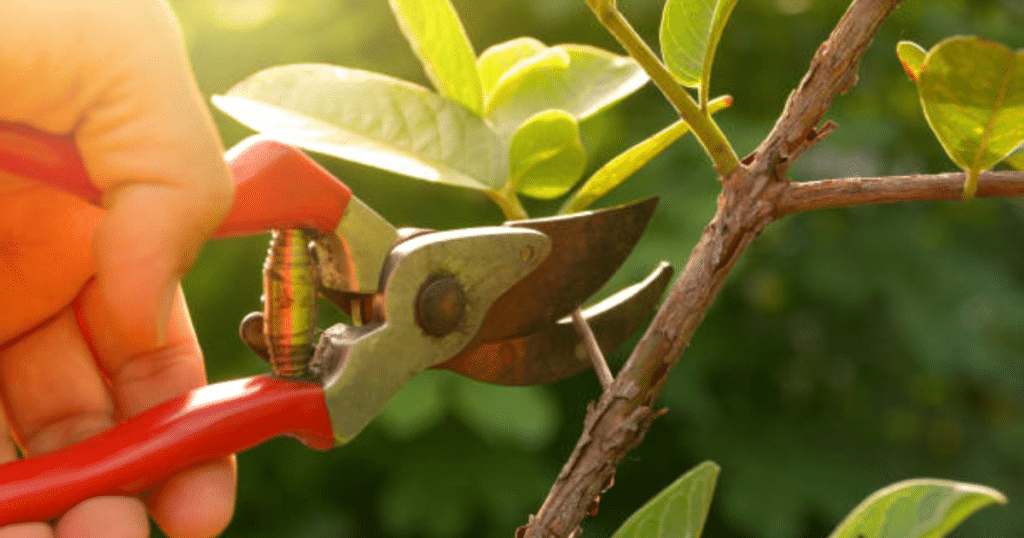Learn how to optimize your vegetable garden for maximum productivity and enjoyment. Explore smart planning, companion planting proper watering, regular maintenance, and organic pest control techniques to help you get the most out of your garden.
Having a vegetable garden offers a sustainable and rewarding way to enjoy fresh, nutritious produce just steps away from your doorstep. However, to truly maximize the benefits of your garden, a little planning and effort can go a long way. Paramount will now delve into five effective strategies that will help you get the most out of your vegetable garden. By implementing these techniques, you can optimize growth, increase productivity, and ensure a bountiful harvest.
Start with Smart Planning
Before getting your hands dirty, take the time to plan your garden effectively. Consider essential factors such as sunlight exposure, soil quality, and available space. By understanding the specific needs of your plants and organizing them efficiently, you can optimize their growth and ensure maximum productivity. Designate areas for different types of vegetables based on their sunlight and water requirements, creating an environment conducive to healthy growth.
Utilize Companion Planting
Companion planting is a strategic technique that involves pairing plants that can mutually benefit from each other’s presence. Some plants have natural abilities to repel pests, attract beneficial insects, or enhance soil fertility. For instance, planting marigolds alongside tomatoes can deter pests like nematodes. Research compatible plant combinations to create a harmonious ecosystem in your garden, promoting healthier plants and higher yields.
Implement Proper Watering Techniques
Watering plays a vital role in the success of your vegetable garden, but it’s crucial to strike a balance. Overwatering can lead to root rot and nutrient leaching, while under-watering can stunt growth and reduce yields. Learn the specific water requirements of each vegetable type and adjust your watering schedule accordingly. Consider enlisting Paramount to set up drip irrigation systems or soaker hoses to deliver water directly to the roots, minimizing evaporation and maximizing efficiency.
Practice Regular Maintenance
Consistent maintenance is key to the long-term success of your vegetable garden. Regular weeding prevents unwanted competition for nutrients and water, allowing your plants to thrive. Pruning plants promotes air circulation and prevents the spread of diseases. Promptly remove damaged or diseased leaves to prevent the spread of pathogens. By practicing regular maintenance, you can create a healthy environment for your plants to flourish.
Implement Organic Pest Control
Pests can pose a significant threat to your vegetable garden, but resorting to harmful chemicals is not the only solution. Embrace organic pest control methods to protect your plants and the environment. Companion planting, introducing beneficial insects like ladybugs, and creating physical barriers such as netting can help deter pests naturally. Additionally, practicing crop rotation and maintaining healthy soil can prevent pest infestations in the long run.
By incorporating smart planning, companion planting, proper watering techniques, regular maintenance, and organic pest control into your gardening routine, you can maximize the productivity and enjoyment of your vegetable garden. These strategies will help you create a thriving garden that yields an abundance of fresh, homegrown vegetables for your table. So, put these techniques into action and enjoy the fruits (or vegetables) of your labour!


